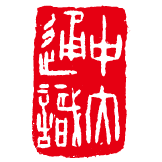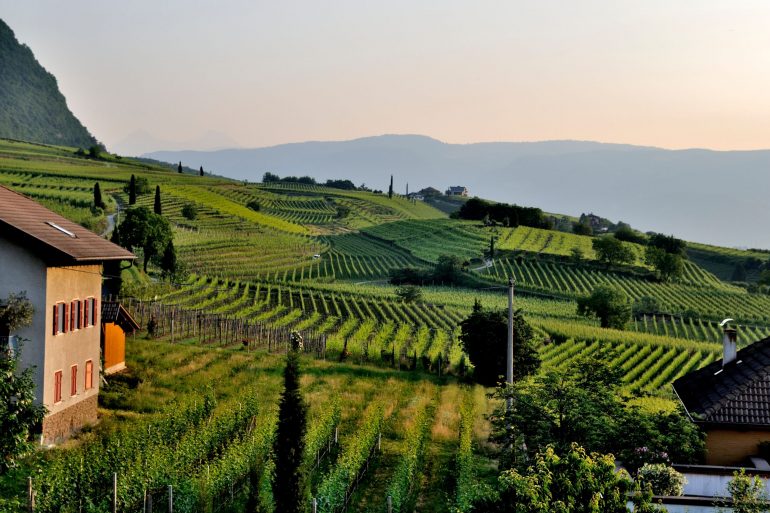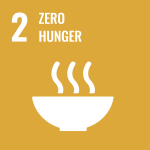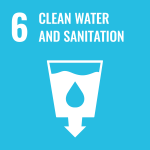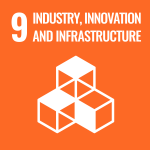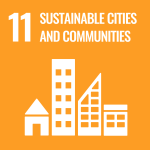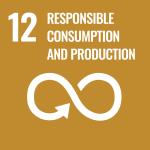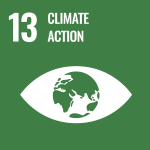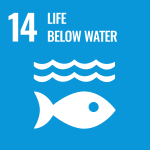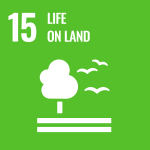UGEB2296 Experiencing and Rethinking Science and Technology in Agriculture
Course Description
Throughout human history, we have developed different ways to strive for living in nature. Among which, agriculture is the foundation of all sedentary civilizations as it systematically provides food and other products to sustain human lives. It is an art that integrates knowledge of nature with human needs and values, evolving side by side with the development of science and technology. Today, with the advancement of scientific technology, the highly industrialized modern agriculture has greatly increased food production to support the global population growth. Yet it also brings global ethical concerns regarding sustainability, food safety, biotechnology, pollution, etc. In the past decades, increasing attention has been given to permaculture, an alternative agricultural practice that emphasizes the development of durable and self-sufficient ecosystems in farming. Permaculture is not only a practice of sustainable food production, it is also a philosophy of living with nature.
In this course, students will learn through lectures the basic knowledge about modern agriculture and its applications of science and technology; understand the fundamental principles, philosophy, and practice of permaculture; discuss the ethical issues related to the use of science and technology in modern agriculture; reflect on the United Nations’ Sustainable Development Goals, such as “Zero Hunger”, “Affordable and Clean Energy”, “Sustainable Cities and Communities”, and “Responsible Consumption and Reproduction”. Students will also experience the practices of modern agriculture and permaculture by making site-visits to enterprises of the agricultural industry, and to institutes practicing permaculture. Students who finish this course will be able to describe and compare the major principles and practices of modern agriculture and those of permaculture, analyze the ethical issues related to modern agriculture in contemporary societies, and formulate personal views on how to live more ethically with nature.
Learning Outcome
After taking this course, students will be able to:
- describe and compare the major principles and practices of modern agriculture and those of permaculture;
- analyse the ethical issues related to modern agriculture in contemporary societies;
- formulate personal views on how to live more ethically with nature.

